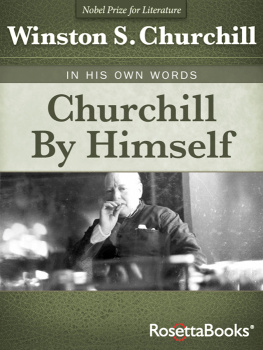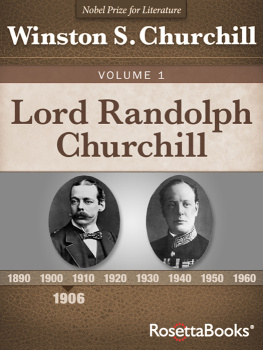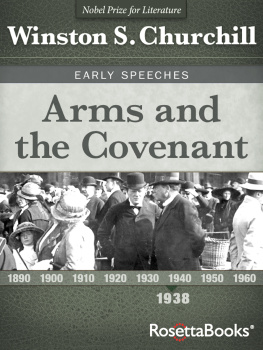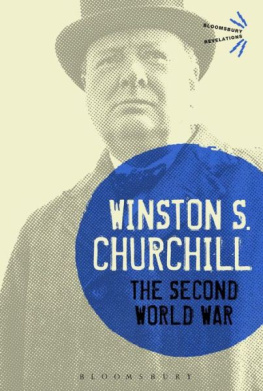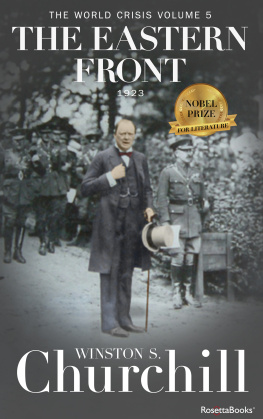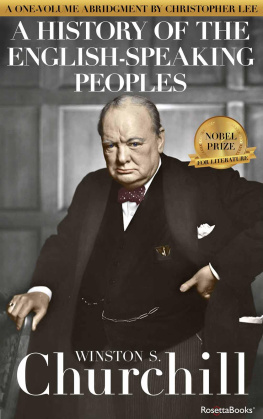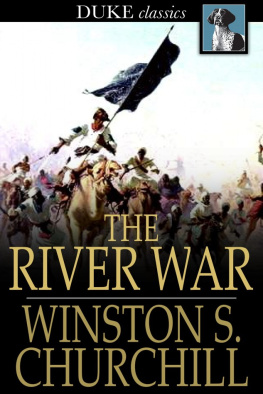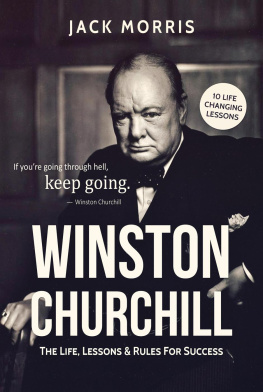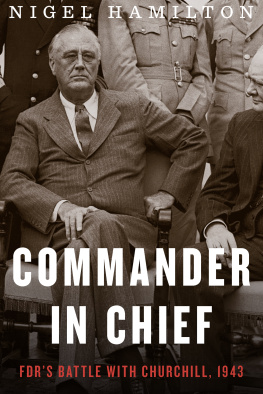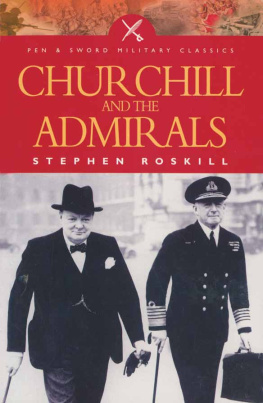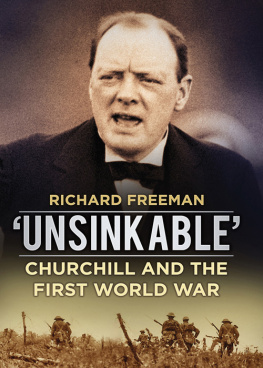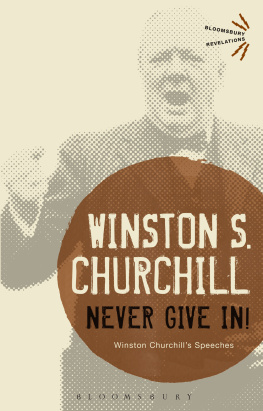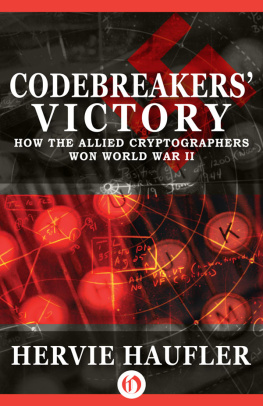Winston S. Churchill - Onwards to Victory
Here you can read online Winston S. Churchill - Onwards to Victory full text of the book (entire story) in english for free. Download pdf and epub, get meaning, cover and reviews about this ebook. year: 2013, publisher: Rosetta Books, genre: Science. Description of the work, (preface) as well as reviews are available. Best literature library LitArk.com created for fans of good reading and offers a wide selection of genres:
Romance novel
Science fiction
Adventure
Detective
Science
History
Home and family
Prose
Art
Politics
Computer
Non-fiction
Religion
Business
Children
Humor
Choose a favorite category and find really read worthwhile books. Enjoy immersion in the world of imagination, feel the emotions of the characters or learn something new for yourself, make an fascinating discovery.

- Book:Onwards to Victory
- Author:
- Publisher:Rosetta Books
- Genre:
- Year:2013
- Rating:3 / 5
- Favourites:Add to favourites
- Your mark:
Onwards to Victory: summary, description and annotation
We offer to read an annotation, description, summary or preface (depends on what the author of the book "Onwards to Victory" wrote himself). If you haven't found the necessary information about the book — write in the comments, we will try to find it.
The brilliant politician and military strategist Winston S. Churchill was a master not only of the battlefield, but of the page and the podium. Over the course of forty books and countless speeches, broadcasts, news items and more, he addressed a country at war and at peace, thrilling with victory but uneasy with its shifting role in global politics. In 1953, he was awarded the Nobel Prize for Literature for his mastery of historical and biographical description as well as for brilliant oratory in defending exalted human values. During his lifetime, he enthralled readers and brought crowds roaring to their feet; in the years since his death, his skilled writing has inspired generations of eager history buffs.
As WWII enters its final years and the US enters the fighting, an Allied victory is tantalizingly within reach. This period saw President Roosevelts proposal of the unconditional surrender policy; the defeat of Mussolini and Rommel; Russias dominance over Axis forces at Stalingrad; and a powerful new bombing campaign bringing the air conflict to the heart of Germany.
Suddenly, victory seemed within the Allies grasp. In this fourth volume of Churchills famous wartime speeches, his stirring tone takes on an edge of hope and a glimmer of the triumph to come, as Britain rallied from the Blitz and readied itself for the final push.
Winston S. Churchill: author's other books
Who wrote Onwards to Victory? Find out the surname, the name of the author of the book and a list of all author's works by series.

